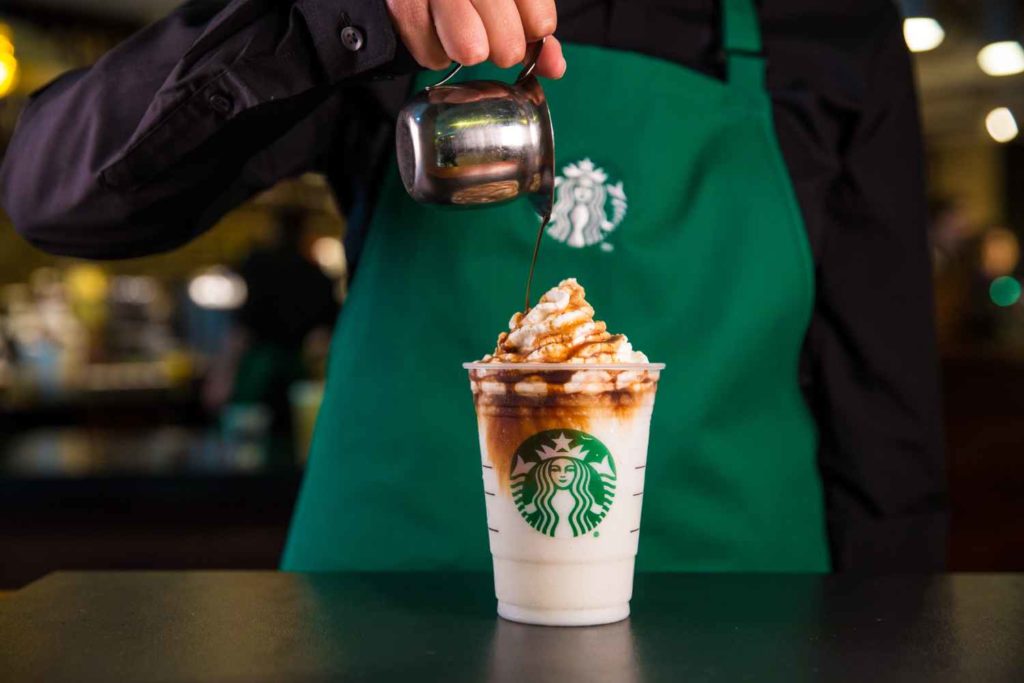
Does Your Brand Promise Give The Right Reflection?
The other day I was looking for someone who could do customized beddings for me and as with most people

Customers hate advertising, that’s a fact! In a 2017 study by Ipsos Connect, 70% of consumers don’t trust advertising while 42% distrust brands.
A shortcoming of traditional advertising is that buyers have, in the recent past, increasingly seen brands as part of the establishment and therefore ‘remote, unreachable, abstract and self-serving.’ Social media advertising has also not been left also, a report from the CMO Council notes that 63% of consumers would respond more positively to a social media ad if it appeared on a more traditional advertising channel.
What then should marketers do?
With the emergence of social media and social media celebrities, like tweeps, Facebook and Instagram bloggers, and YouTube stars, brands are now able to extend their reach to an all-new market and build organic growth, breaking into their customers’ circle of trust in a very natural way.
In Kenya today, especially on twitter, anyone with 5,000+ followers is calling themselves influencers. Most of the ‘new influencers,’ commonly referred to as micro-influencers, have resulted in increasing influencer fraud with a new report noting that 2/3 of their respondents have experienced influencer fraud. However, it is not about the numbers! There’s more to it.
While becoming an influencer is about having a great following and influence, it is not all that which matters. A key aspect of getting the right influencer is ensuring that the influencer’s followers fall into your target audience.
In addition, an important fact to consider is if your product or service is relevant to the influencer’s niche and content focus and whether the influencer has a good understanding of what you’re offering and can present it in a way that shows a clear benefit to their audience.
Imagine what would happen if you spent a huge chunk of your budget on an influencer who is not part of your target market, does not understand your product/service, is not interested in it and his/her followers do not care about your product? It makes no sense. That is why it is important to look at how many people are commenting and sharing on the influencer’s posts, whether any of them are automated and if the influencer is interactive with the audience.
Having said that, influencer marketing is currently the best way to stimulate serious engagement and conversations around a brand or product to make a “buy” decision. When your brand is paired with the right personality, it can ignite a powerful conversation in business, gossip and magazine columns and seduce more and more followers translating to more leads and eventually, sales.
Just like a marriage with the right partner can ignite great magic in the home; so can a ‘marriage’ between an influencer and a brand ignite powerful reactions from customers.
Have you engaged any influencer for your brand? How has your experience been like?
Did you get to read our last article, click the link Does Your Brand Promise Give The Right Reflection?

The other day I was looking for someone who could do customized beddings for me and as with most people

How important is your learning process in the journey to building a strong Personal Brand? Ever since I was given

If you belong to the era of the dinosaurs like I do, having a conversation with Gen Z individuals can